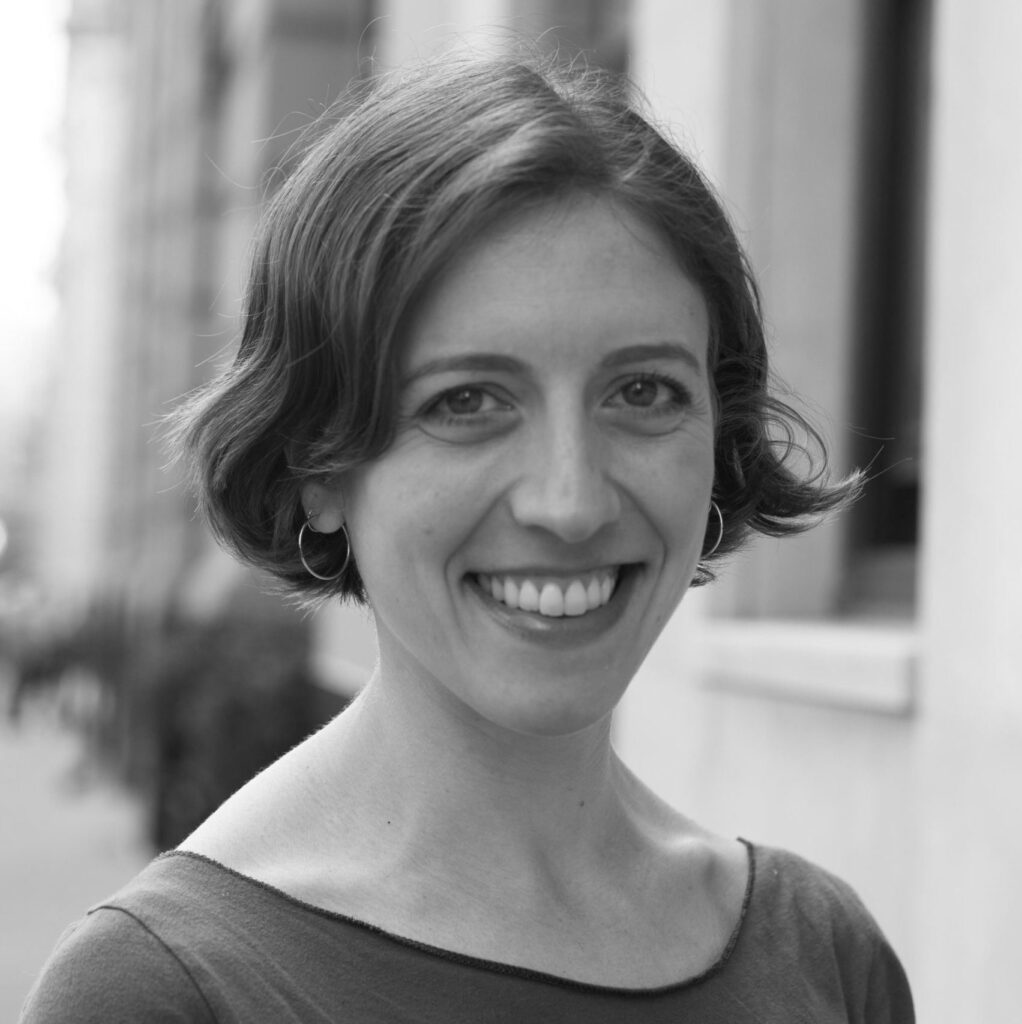Center Spotlight: Rachel Meltzer

For Rachel Meltzer, all roads lead back to the city.
“When I’m away from the city, I miss the stimulation,” said Meltzer, Plimpton Associate Professor of Planning and Urban Economics at the Harvard Graduate School of Design (GSD) and affiliated research faculty member at the Harvard Center for Green Buildings and Cities (CGBC). Though she serves as a professor now, it was her previous role as Mortgage Officer and Project Manager for the New York City Department of Housing Preservation and Development that kickstarted her career trajectory.
“That job decision was probably the most formative moment in determining what happened in the rest of my career. I ended up in the role haphazardly, but I learned a ton, and a lot of hard, good work, was thrown at me. I was ready and willing to do it,” said Meltzer. “Through the work, I saw parts of the city that I hadn’t seen growing up – the horrendous conditions that people were living in. But then I also got to engage in policies and programs to try to make it better.”
Now, at the GSD, Meltzer teaches courses related to urban economics, market analysis, policy analysis, and public and private development. Prior to her work at the GSD, Meltzer served as Associate Professor of Urban Policy and Chair of the Public and Urban Policy M.S. Degree program at The New School. She earned her doctorate in Public Policy and M.P.A. from the Wagner Graduate School of Public Service at New York University and a B.A. in Psychology and Mathematics from Dartmouth College.
“A lot of people were surprised at first when I came to the GSD, because I’m not a designer or an urban planner. I focus on economics and policy,” said Meltzer. “I learned quickly, from my teaching at the New School, that it is very valuable to move across disciplines because it’s how we organically approach messy problems in the world. For example, I often think about solutions at the intersection of policy and design.”
In her teaching, Meltzer emphasizes the importance of applying courses to the real world. Some of the issues that Meltzer covers include economic development, housing, land use, and local public finance.
“It’s so rewarding when you see the pieces come together for your students,” said Meltzer. “They will pull together an incredible memo or problem set, and you realize that the weeks of lectures and content are actually getting through to them!”
In her related research, Meltzer focuses on understanding how extreme events, and climate-related events in particular, impact economic activity on the city and neighborhood levels. Her work has spanned areas from understanding the wildfire events in California to Hurricane Sandy in New York City.

“I really appreciate the opportunity to share the research I’m doing, to translate and present it to different audiences at the GSD, CGBC, and beyond,” said Meltzer. “By presenting work at a symposium or contributing to part of an exhibition, I’m learning while I’m doing that. I don’t often get to experience these new things at this point in my career, so I really appreciate that.”
Outside of her work, Meltzer has three children – two thirteen-year-old twins and a ten-year old son. She is an avid runner and does yoga, both of which “keep her sane.” She also loves to travel, particularly with her children, and still spends much of her time in New York City. When she is working at the intersection of economics, policy, and design, she channels her love and fascination with cities into her work.
“Governments have a crucial role in making cities safe and inclusive, as well as economically productive places to be,” said Meltzer. “It is incredibly rewarding to be doing research and teaching at the heart of this work.”
